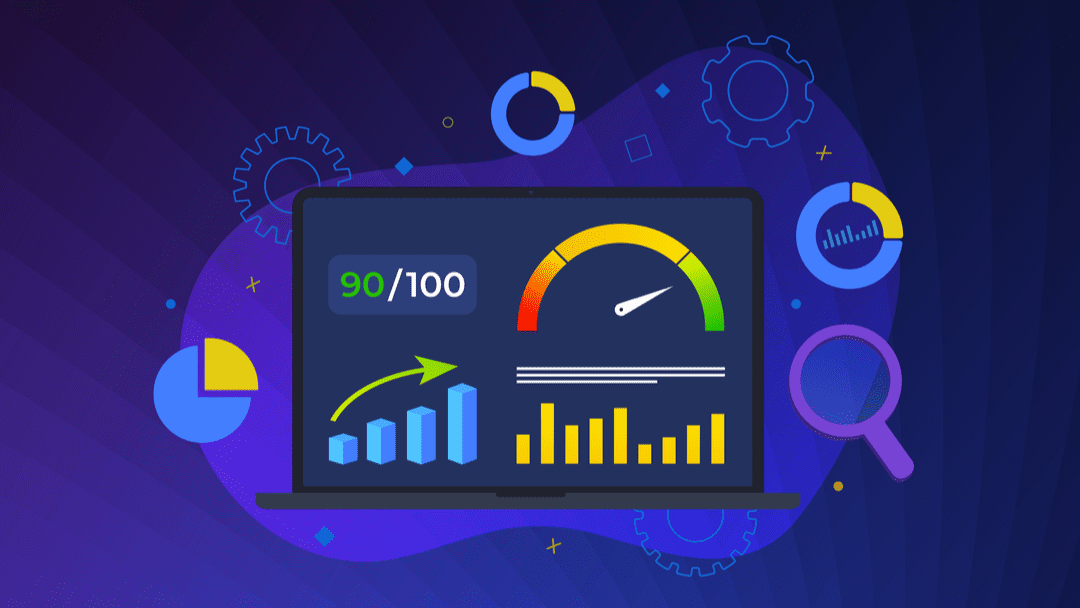The Trends Shaping Mobile App Development in 2024

Mobile app development continues to evolve at a rapid pace, driven by technological advancements and changing user expectations. In 2024, several trends are shaping the landscape of mobile app development, revolutionizing the way apps are designed, developed, and deployed. Let’s explore some of the key trends that developers and businesses need to keep an eye on:
1. 5G Technology Integration
The rise of remote and hybrid work models is reshaping coworking spaces. Professionals now seek flexible work arrangements that allow them to work from anywhere, including coworking spaces. This trend is driving increased demand for coworking memberships tailored to part-time or occasional use.
2. AI and Machine Learning Integration
AI and machine learning are becoming integral to mobile app development. From personalized recommendations to predictive analytics and natural language processing, AI-powered features enhance app functionality and user engagement. Developers are leveraging AI frameworks and tools to create smarter, more intuitive apps.
3. Internet of Things (IoT) Connectivity
The proliferation of IoT devices is driving demand for apps that can seamlessly connect and interact with smart devices. Mobile apps are being developed to control smart homes, monitor health and fitness data, and manage connected vehicles. IoT integration adds a new dimension to app functionality and user convenience.
4. Augmented Reality (AR) and Virtual Reality (VR)
AR and VR technologies are transforming the way users interact with mobile apps. From AR-based navigation and gaming experiences to VR-powered simulations and training apps, immersive technologies are creating new possibilities for app developers. The demand for AR/VR-enhanced apps is expected to grow significantly in 2024.
5. Progressive Web Apps (PWAs)
PWAs offer a hybrid approach that combines the best features of web and mobile apps. These lightweight, fast-loading apps provide an app-like experience directly through a web browser, eliminating the need for installation. PWAs are gaining popularity due to their accessibility, offline capabilities, and cross-platform compatibility.
6. Voice Interface and AI Assistants
Voice-activated interfaces and AI-powered assistants are reshaping app interactions. Users can now control apps, perform tasks, and access information using voice commands. Integrating voice technology enhances app accessibility and user convenience, especially in hands-free environments.
7. Security and Privacy Enhancements
With growing concerns about data privacy and security, mobile app developers are prioritizing robust security measures. End-to-end encryption, biometric authentication, and secure data storage are essential components of modern mobile apps. Compliance with data protection regulations such as GDPR and CCPA is also crucial.
8. Low-Code and No-Code Development
The rise of low-code and no-code development platforms is democratizing app development. These platforms allow users with limited coding skills to build functional apps using visual interfaces and pre-built components. Low-code development accelerates the app development process and empowers businesses to create custom solutions rapidly.
9. Sustainability and Green Tech
Sustainability is emerging as a key focus area in app development. Developers are incorporating eco-friendly practices, optimizing app performance for energy efficiency, and reducing carbon footprints. Green tech initiatives, such as renewable energy usage and recycling programs, are gaining traction in the mobile app industry.
10. Hyper-Personalization and Contextual Experiences
Users expect personalized experiences tailored to their preferences and context. Mobile apps are leveraging data analytics, user behavior analysis, and location-based services to deliver hyper-personalized content and recommendations. Context-aware apps adapt to user surroundings and provide relevant information in real time.
Conclusion
The mobile app development landscape in 2024 is characterized by rapid technological advancements and user-centric innovations. Developers and businesses that embrace these trends and harness the power of emerging technologies will stay ahead in a competitive market, delivering exceptional app experiences to users worldwide.
More Blog

Optimizing Web App Performance

Cross-Platform Development


